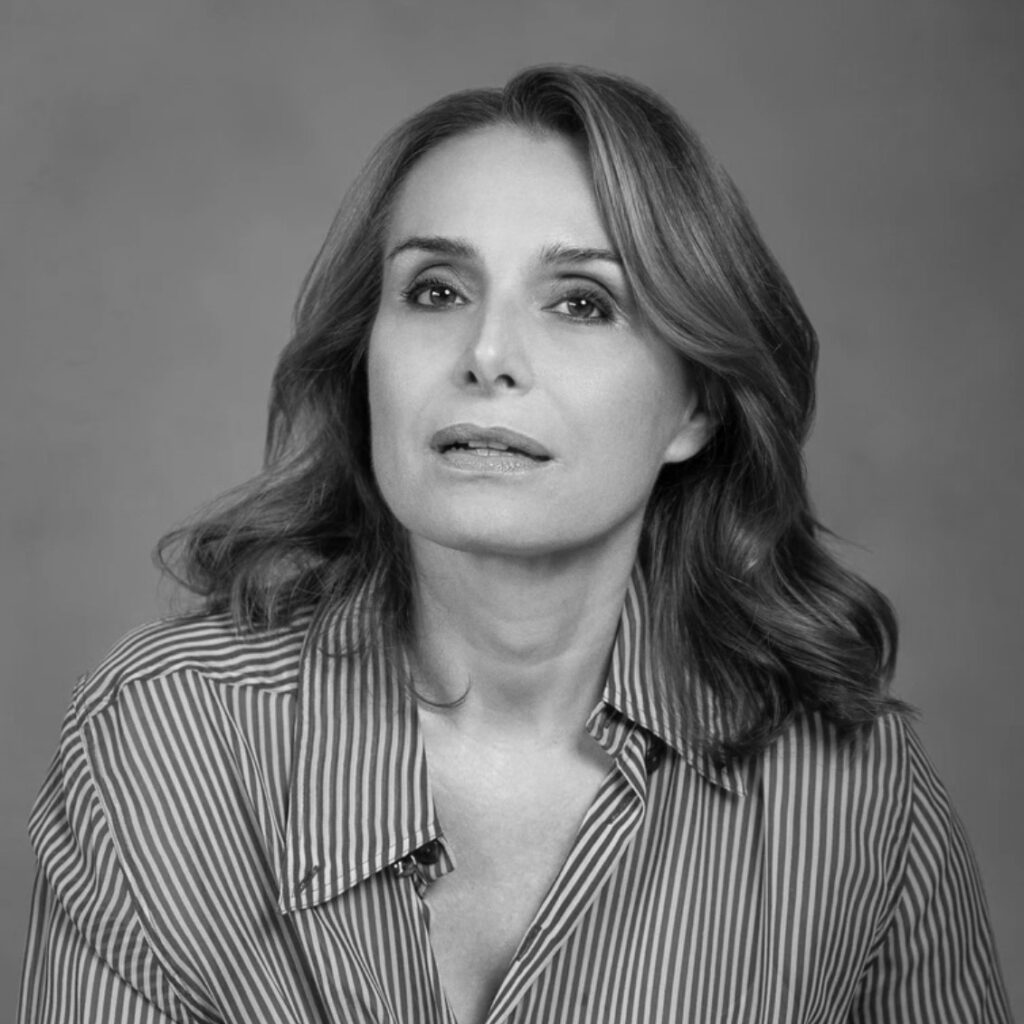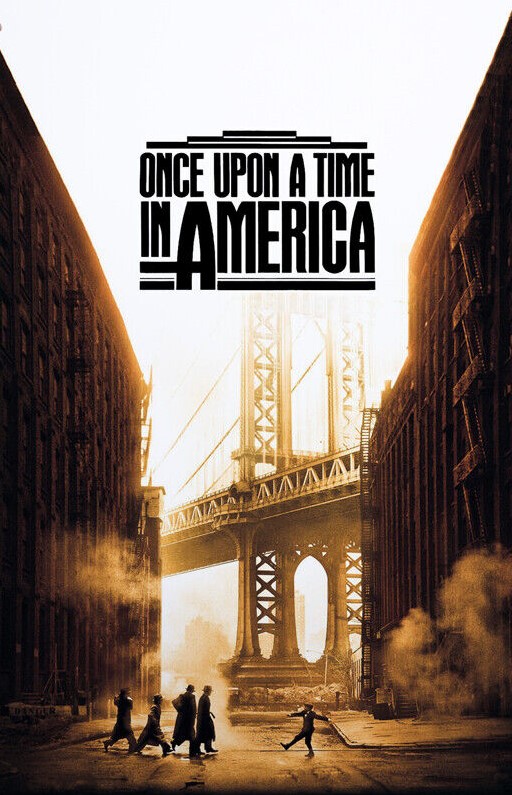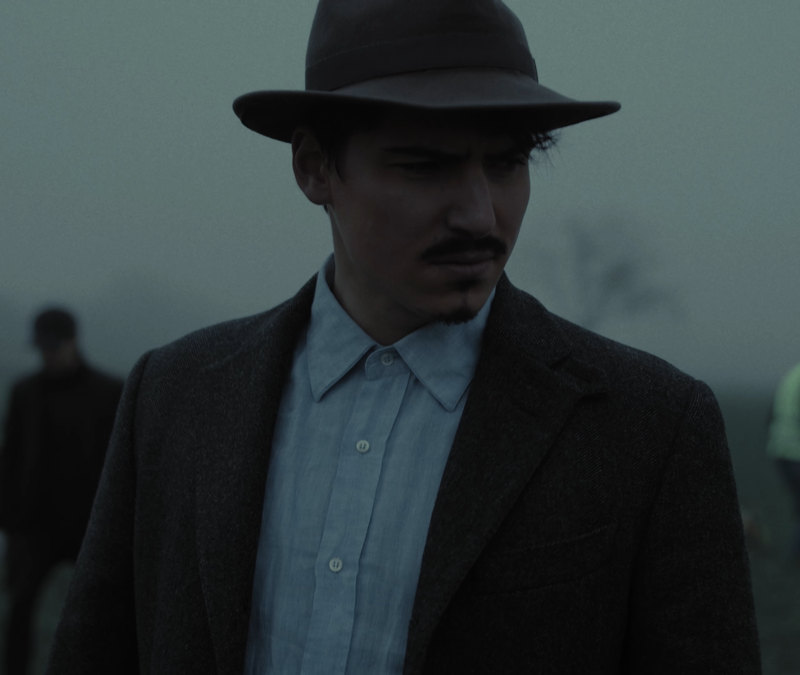Guest del 2 agosto 2024 per gli International Cinematography Awards organizzati dalla Joyful People Company
BIO
Attrice poliedrica italiana di origine pugliese, ha studiato presso la Bottega Teatrale di Firenze fondata da Vittorio Gassman e ha lavorato con successo in teatro, cinema e televisione. Frallonardo è nota per le sue interpretazioni in alcune produzioni teatrali e per il suo impegno nella promozione della cultura teatrale in Italia. Ha recitato, tra gli altri, in: Terapia d’urgenza, Giovanni Falcone, Show me what you got. Le sue competenze sono apprezzate anche nel mondo del doppiaggio, dei podcast e degli audiolibri.
BIO
Multifaceted Italian actress of Apulian origin, she studied at the Bottega Teatrale of Florence, founded by Vittorio Gassman, and had a successful career in theatre, cinema and television. Frallonardo is known for her performances in some productions and for her commitment into promoting theatre culture in Italy. She acted, among other plays, in “Terapia d’urgenza”, “Giovanni Falcone”, “Show me what you got”. Her skills are also appreciated in the world of dubbing, podcasts and audiobooks.


Quando è nato il Suo amore per il cinema?
Penso la prima volta che sono entrata in una sala buia, da bambina, quando di domenica mattina, nel mitico cinema Milleluci, si tenevano le proiezioni per i più piccoli. Ma a parte questo ricordo un po’ mitologico, credo che la passione vera sia nata guardando film come Barry Lindon, Cabaret, C’era una volta in America, Noi i ragazzi dello zoo di Berlino, Blade Runner, La battaglia di Algeri e tanti film anni ’40 e ’50!
When did your love for cinema bloomed?
I think it was the first time I entered that dark room, as a child, when, on Sunday mornings, screenings for children were held, in the almost mythical Milleluci cinema. But apart from this somewhat mythological memory, I believe my true passion was born watching films such as Barry Lindon, Cabaret, Once Upon a Time in America, Christiane F., Blade Runner, The Battle of Algiers and many 40s and 50s films!
C’è un ruolo che Le è piaciuto maggiormente interpretare?
Sicuramente la Damianina de La luce nella masseria è un ruolo che mi ha segnata profondamente perché è stata una epifania, ho scoperto le mie origini, quella Terra e quella cultura matriarcale da cui provengo e che non avevo mai indagato abbastanza, anzi forse avevo sempre ignorato!
Is there a role you particularly enjoyed playing?
Surely Damianina in “La luce nella masseria” is a role that left a profound mark on me, because it was like an epiphany, it was in that role that I discovered my origins, the land and the matriarchal culture from where I come and that I had never felt enough, or perhaps I had always ignored!
Cosa direbbe ad una giovane donna che si approccia al mondo della recitazione?
Studia, conosci te stessa e il mondo, guarda, sii curiosa, appassionati. Leggi quanti più autori puoi, guarda quanti più spettacoli e film puoi, gira il mondo non come una turista ma come una viaggiatrice. Quello fa un’attrice, viaggia nelle vite altrui, e le rivive attraverso il suo corpo.
What would you say to a young woman approaching the world of acting?
Study, know yourself and the world around you, look, be curious, feel the passion. Read as many authors as you can, watch as many shows and films as you can, travel the world not as a tourist but as a voyager. That is what an actress does, she travels into other people’s lives, and re-experiences them through her own body.
Con l’affermarsi delle grandi piattaforme streaming il mondo del cinema è cambiato, forse perdendo un po’ del suo romanticismo come ai tempi di Cinecittà o gli studi di Hollywood. Secondo Lei, la sala cinematografica riuscirà a preservare il suo romanticismo?
La sala cinematografica non può scomparire, altrimenti scompare in un certo senso anche il cinema!!! Capisco che possa essere più comodo guardare un film a casa, ma non è la stessa esperienza! A casa si possono guardare le fiction, per cui la distrazione è prevista. Un film ha bisogno di concentrazione, di uno schermo grande, di un suono perfetto. Il cinema è, innanzitutto, un rito collettivo e in quanto tale ha bisogno di sacralità: la sala buia e silente è uno spazio adeguato per questo. Certo se si evitassero i pop corn…
With the emergence of large streaming platforms, cinema has changed, perhaps losing some of the romanticism it had in the old days of Cinecittà or the Hollywood studios. Do you think film theatre will be able to preserve its romanticism?
Film theatre cannot disappear, otherwise, in a certain sense, cinema will disappear too!!! I understand it might be more comfortable watching a movie at home, but it’s not the same experience at all! You can watch series at home, distraction is expected there. But a film needs concentration, a large screen, perfect sound. Cinema is, first of all, a collective ritual and as such it needs sacredness: the dark and silent room is an adequate space for this. Of course it would be better without popcorns everywhere…


Qual è per Lei la fotografia/inquadratura più rappresentativa del cinema?
Non saprei quella più rappresentativa, ma una di quelle che mi dà proprio l’idea del cinema è sicuramente quella del manifesto di C’era una volta in America, quando i cinque ragazzi, con lo sfondo del ponte di Manhattan e i loro abiti buoni si sentono onnipotenti, prima che il piccolo Dominique (credo si scriva così) cada sotto i colpi di Bugsy e il mondo li costringa a diventare adulti.
What do you think is the most representative photograph/frame of cinema?
I don’t know about the most representative one, but one of those that gives me a pure idea of cinema is certainly the poster for Once Upon a Time in America, where the five boys, with the Manhattan bridge in the background and their good clothes on they feel omnipotent, just before little Dominique (I think that’s how it’s spelled) falls under Bugsy’s hits and the world forces them to become adults.






Sito ufficiale Italian Cinematography Awards : www. icawards .it







